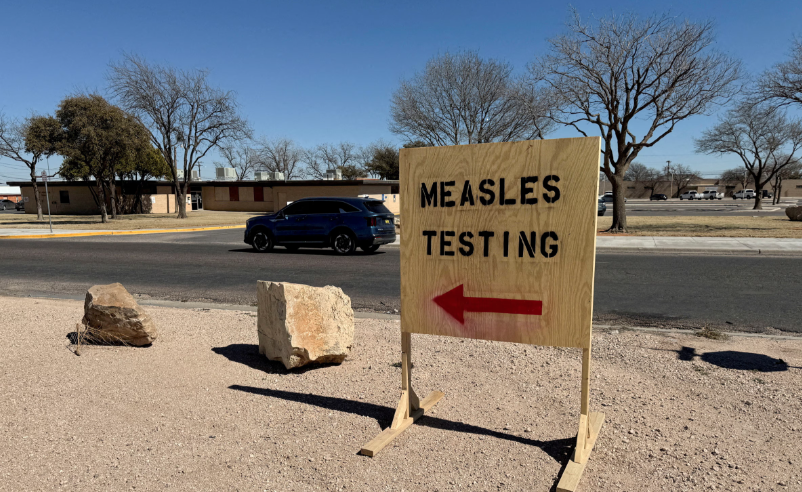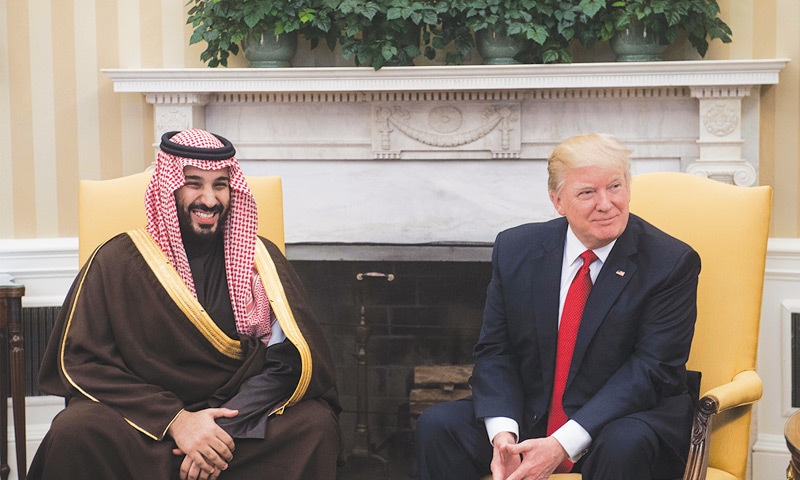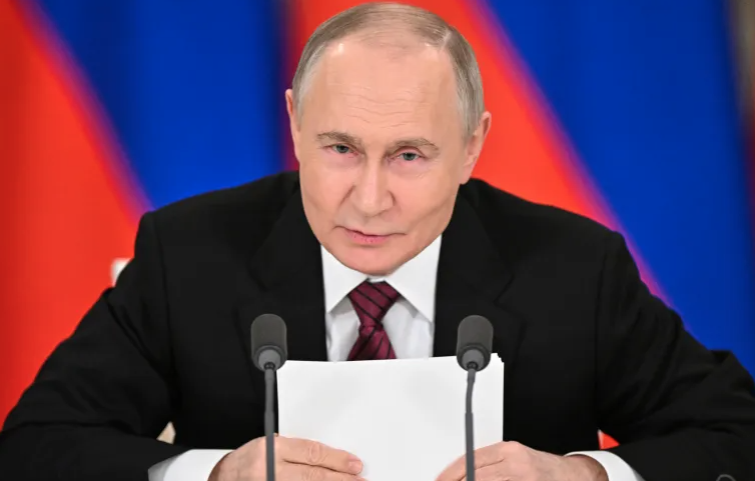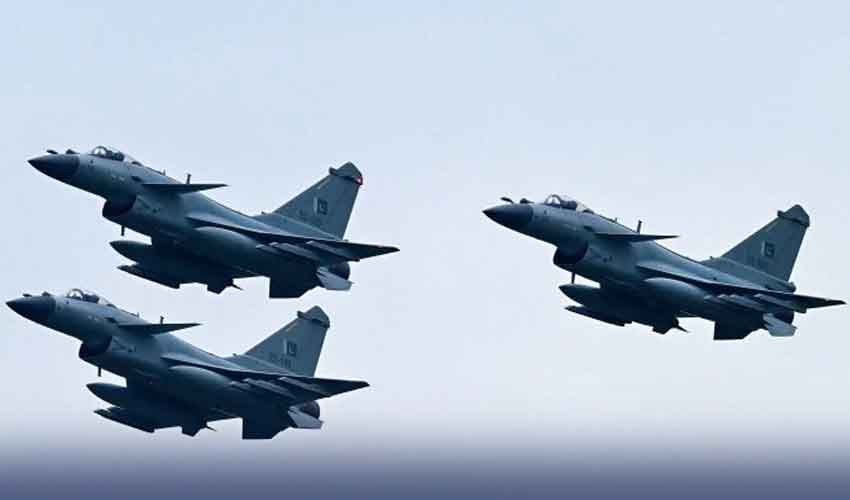WORLD NEWS
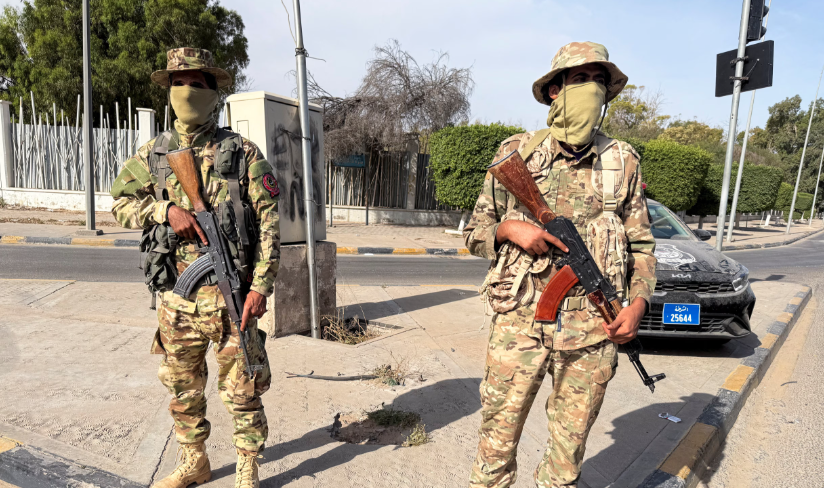
The worst fighting in Libya's capital in years has eased on Wednesday after the government declared a ceasefire, Tripoli residents reported. However, no immediate statement was issued by authorities on casualties, with residents recounting the terrifying scenes of violence that rocked their city.
The clashes, which began on Monday following the killing of a key militia leader, initially calmed on Tuesday morning, only to reignite overnight with fierce battles spreading across the city. By Wednesday, the government announced that "neutral units" from the police force had been deployed to sensitive sites in a bid to restore calm.
The immediate aftermath of the violence left the streets of Tripoli littered with burned-out cars and buildings marked with bullet holes. Despite the ceasefire, there are growing fears that prolonged unrest could provoke external factions to intervene, risking a wider escalation in Libya’s already fragmented conflict.
The primary fighting on Wednesday was between two major armed factions: the 444 Brigade, allied with Prime Minister Abdulhamid al-Dbeibah, and the Special Deterrence Force (Rada), the last significant faction not yet under Dbeibah's control. Clashes also spread to the western suburbs of Tripoli, a historical point of entry for armed groups from Zawiya, further complicating the situation.
Dbeibah’s government has taken steps to consolidate power in the capital, including ordering the dismantling of irregular armed groups. These measures followed the killing of militia leader Abdulghani Kikli, known as Ghaniwa, and the subsequent defeat of his Stabilisation Support Apparatus (SSA) group by factions aligned with Dbeibah.
For Tripoli residents, the sudden eruption of violence left many trapped in their homes, fearing for their safety. One father described the terror of living under constant shelling: "I had my family in one room to avoid random shelling," he said. In the western suburb of Saraj, a local resident described the unbearable cycle of brief pauses in fighting followed by renewed violence, leading to feelings of hopelessness.
The United Nations Mission in Libya (UNSMIL) expressed alarm at the escalating violence, urging for an immediate ceasefire to protect civilians. While fighting has not affected Libya's oil output, Sirte Oil Company reported suspending land transport to Tripoli, highlighting the broader impact of the unrest on the country’s infrastructure.
Libya has struggled with instability since the NATO-backed 2011 overthrow of Muammar Gaddafi. The country remains divided between eastern and western factions, with Tripoli controlled by numerous armed groups. Foreign powers, including Turkey, Russia, and Egypt, have become involved in the conflict, further complicating efforts toward peace.
The recent violence in Tripoli marks a dangerous turn in Libya's ongoing struggle for power, with significant implications for the country's future stability.

